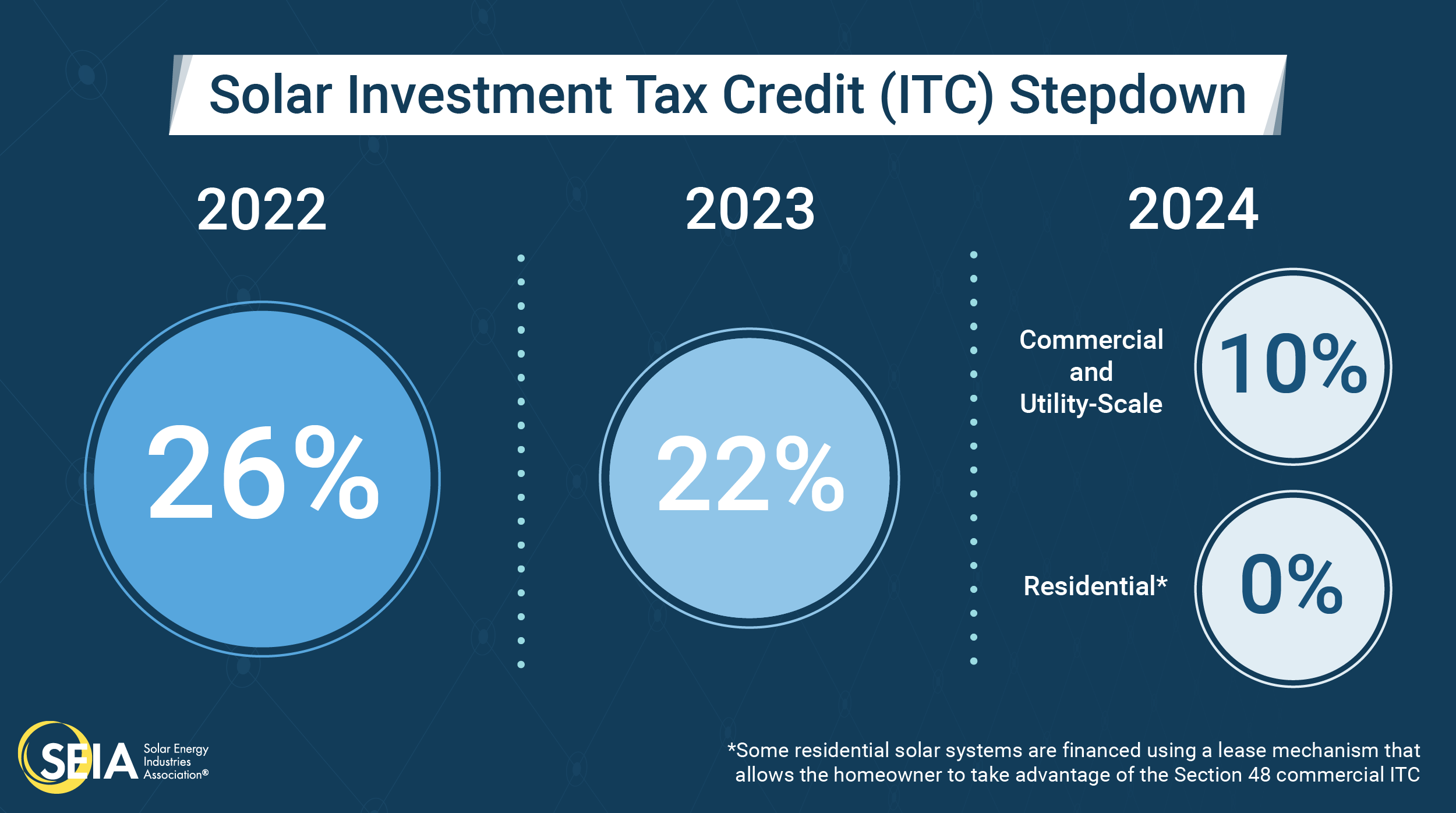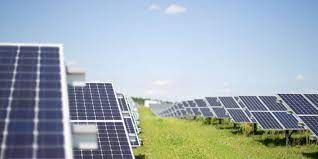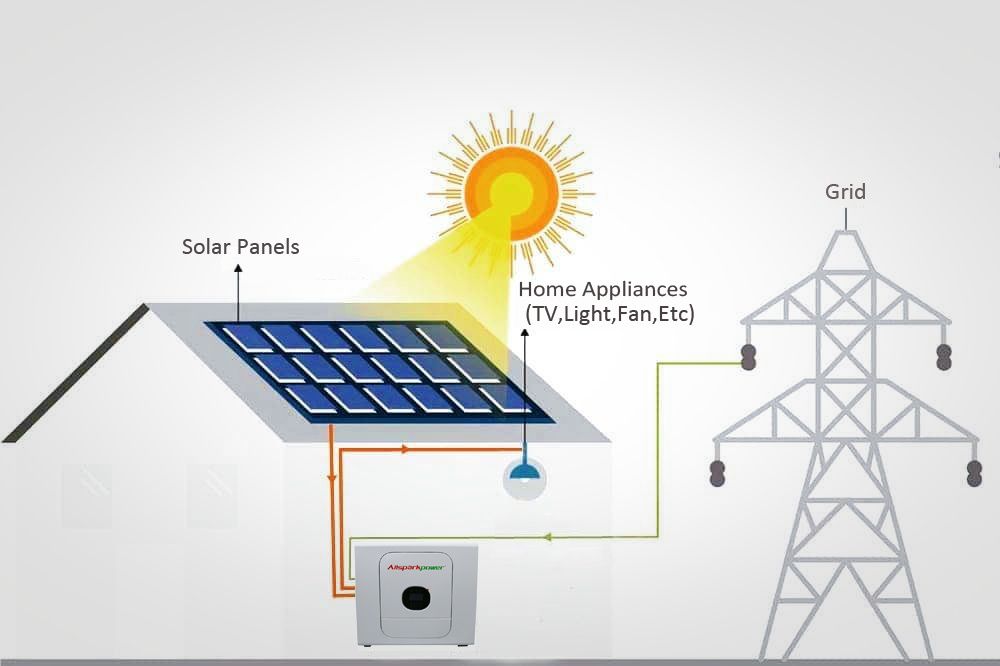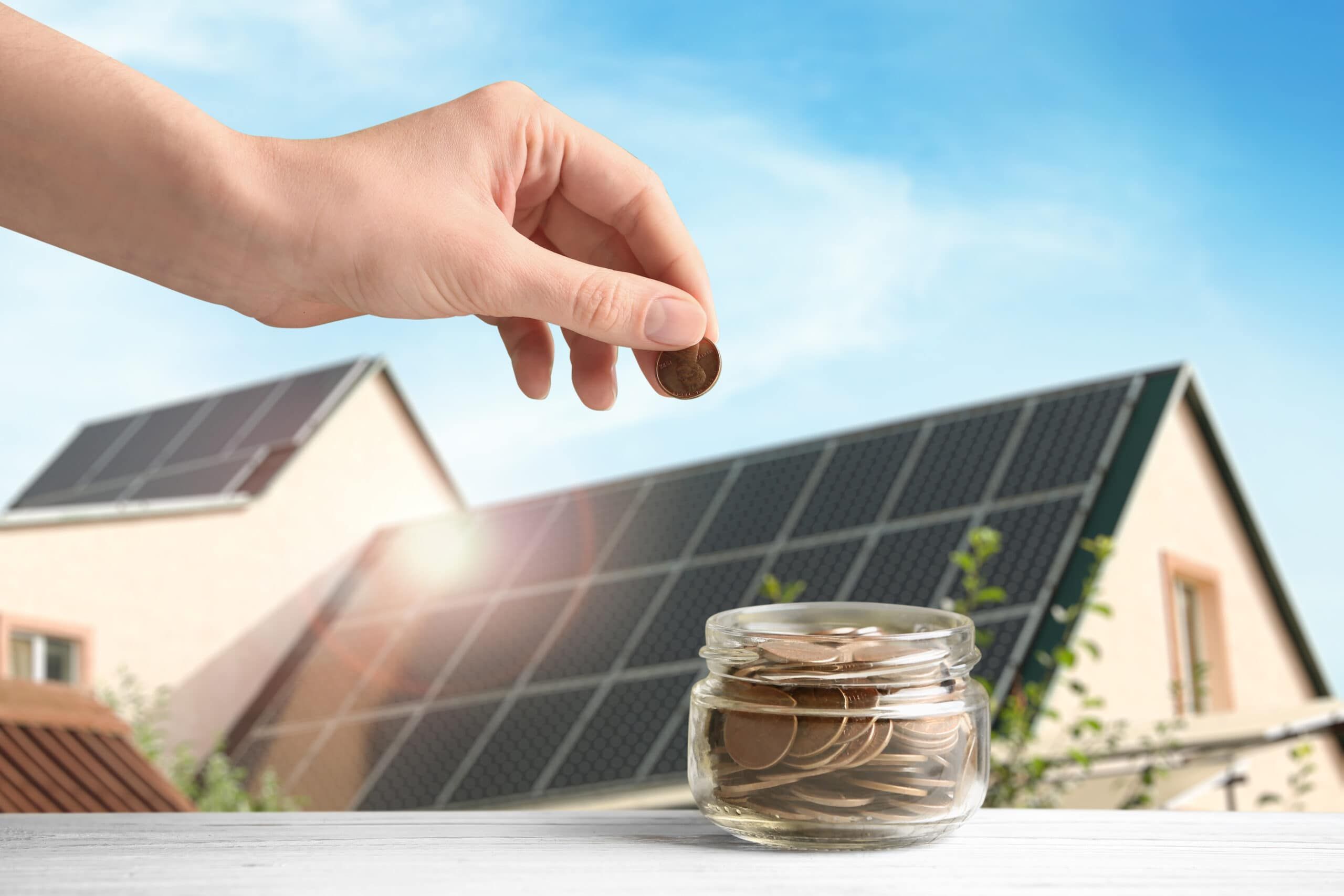Will the Government Subsidize My Solar Panels?
As gas and oil prices continue surging and political instability keeps growing around the world, you may be wondering what you can do for the planet and how you might invest in your own green future

Maybe you’ve considered cutting down your reliance on fossil fuels.
Perhaps you’ve been interested in getting your own solar panels for your home or business but — given the fact that a solar panel system is a significant financial investment – you might want to know a little more before you take the plunge.
The good news for Florida residents is that the government will subsidize part of your system. Let’s find out how the government will help you pay for new solar panels.
What are the benefits of solar panels?
We’ve previously explored how a Compass Solar panel system can save you money as a long-term investment, protect you from power outages, and help the environment by tapping Earth’s one true renewable resource.

If you use solar energy, you no longer pay expensive energy bills to your power company, saving you money in the long run. In fact, you can often sell the excess power you harness from the sun back to the utility company.
In the short term, if you apply for financing, you’ll likely save money monthly, particularly if your home requires high energy needs.
You will also no longer be affected by power outages from your power company, such as during hurricanes and other disasters.
This can be particularly helpful for those with critical medical devices or homes on the outskirts of the power grid.
You’ll also be helping the planet because solar panels do not produce pollution like coal or gas power or waste like nuclear power.
How much do solar panels cost?
The cost of solar panels depends on several factors:
· How much electricity do you regularly consume?
· How much sun reaches your roof during the day?
· What is the size and shape of your roof?
More direct sunlight and/or less energy demand may mean that your home or business requires fewer solar panels; conversely, more energy consumption may require more solar panels.
Likewise, depending on the design of your roof, your home may require additional equipment installation.
Other factors may also affect the size of your solar panel system.
Will the government help pay for my solar panels?
Yes, the government can help you pay for solar panels.
To qualify for government help, you will need to file for a tax credit.
Federal tax credits for solar panels will likely provide you with the biggest available financial incentive.
If you file for the 2022 residential investment tax credit (ITC), you will be credited 26% of the cost of your solar system on your income taxes. The 2023 ITC will credit you 22% of the cost of your system.
In order to qualify, you would need to have placed your solar system into service before December 31, 2021 for the 2022 tax credit or before December 31, 2022 for the 2023 tax credit.

Please note: The ITC is currently set to end after 2023 so act soon.
Florida’s state government also offers some incentives for solar power.
Your power company may even offer rebates for using solar power.
Note: Some incentives may affect your federal tax credit.
How do I get started saving money with solar panels?
To learn more about getting a system of your own, contact Compass Solar today. We can guide you through the process of installation and available financing options. You can get started building a better future for yourself and the planet.



















